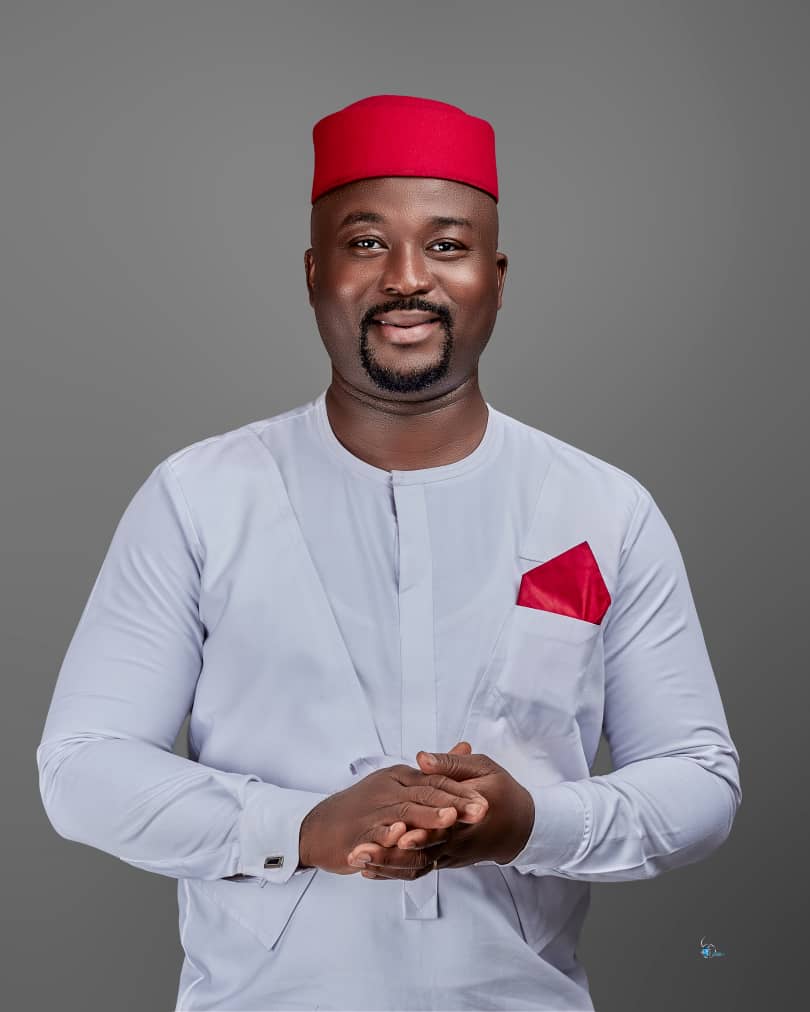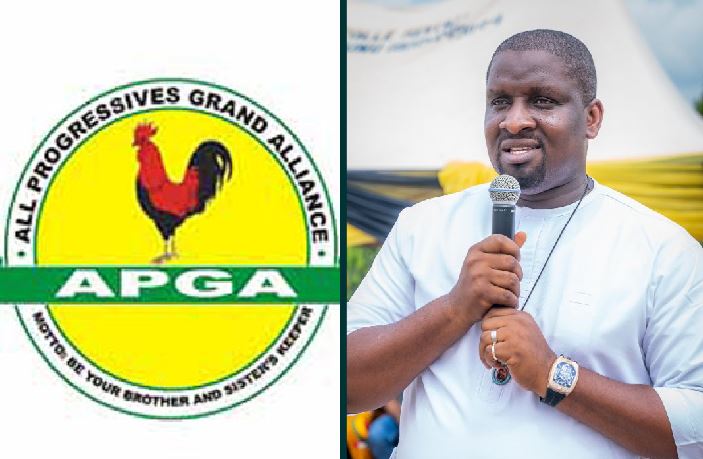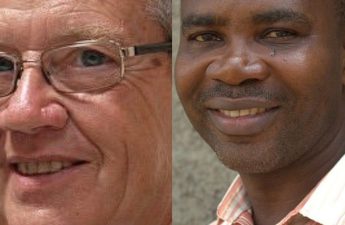The Future of Political Leadership: A Shift in Practices and Mindsets is Needed to Create the Conditions for A Democratic Revival as Opined by The APGA National Chairman – Barrister Sly Ezeokenwa
written by Nduka Anyanwu
“Of all the leadership roles, political leaders have the greatest impact on our societies and the many, often interdependent, issues those societies are grappling with. Yet the role of a political leader is often undefined, and those holding such roles, be they ill or well equipped, are struggling to get to grips with the responsibilities they carry” stated Peter Cunningham as he opened the workshop on the Future of Political Leadership on 6 December 2022 hosted by the Geneva Centre for Security Policy.
A new Political Leadership Initiative, stemming from a shared set of questions:
- What should we expect of our political leaders in this era of uncertainty and change?
- What does improving political leadership entail?
- What can be done in practical terms to select and promote politicians that live up to political leadership standards that are largely undefined?
- How to develop a pipeline of well-prepared representative people for political leadership roles?
We are witnessing a crisis of trust from the voters in their elected officials and ultimately an erosion of belief in democracy itself. The rise of abstention and populist parties in recent years are telling symptoms of this crisis.
“Many leaders today no longer seem to know how to deliver, or even what is necessary”. “This crisis of political leadership goes a long way to explaining the crisis of democracy itself”, The APGA National Chairman warned, quoting recent studies on the declining trust in politicians and politics in established and fledgling democracies alike.
Governments are simply not living up to the expectations of their citizens. Several factors can explain this situation: the succession of economic, insecurity, high cost of living, poverty, climate and flood crises, the generalised disinformation spread across all forms of media, and finally the sense of inefficiency of the public policies set up by political leaders. It is this last point that is at the heart of this new initiative: Understanding the gap between what citizens expect from their leaders and what their leaders do and finding solutions to reduce this gap.
“Political leaders who serve themselves and their parties to the neglect of public interest IMPACTS BADLY on so many aspects of daily life that we must address the problem. We need a reference framework enabling us to select better political leaders and measure their performance” Barrister Sly Stated. Political leadership is the missing link between the many challenges the world faces on the one hand, and the wealth of knowledge and technical solutions available on the other. It has significant influence on the security, wellbeing, and prosperity of societies and the confidence citizens have in governments.
This article shares the concerns about the crisis of leadership and its implications. Many elected politicians were not fully aware at the outset of their mandates of what becoming a public persona meant as some of the challenges faced are to defy stereotypes and overcome prejudices. There are needs for political leaders to show courage, ask the tough questions, and take on the job with a focus on achieving real change and moving things forward.
The qualities needed from political leaders, such as personal responsibility, a belief in progress, knowledge, and the ability to deal with adversity and not the mediocrity and lack of vision of much of today’s political class. The National Chairman flagged that elitism is preventing people from getting engaged, the need to break the cycle of power politics and involve real expertise.




